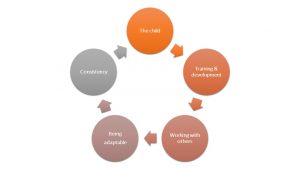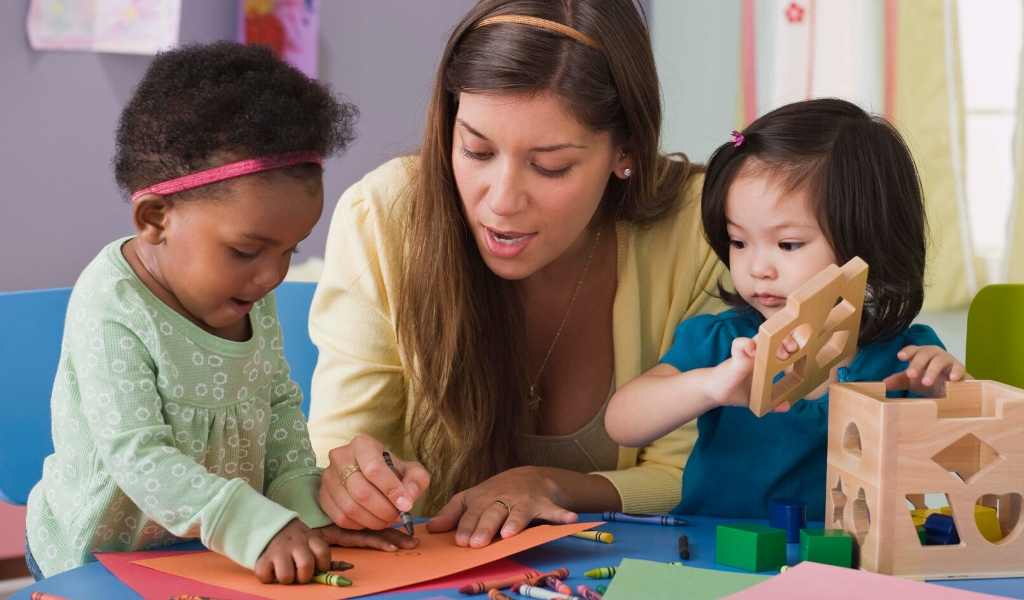However, one thing remains true… the importance of ensuring that every child has the best start in life. We are not only drawn to this as professionals but legally required to ensure that this forms part of our daily practice. For example, the Government’s SEND Code of Practice (2015) states that we are all professionals and advocates for special educational needs.

We must give each child an opportunity to be heard. It can be especially difficult to do this effectively for those children with identified SEND, but it is achievable.
Use all of the information you hold for the child, including that shared by other agencies and family members.
These are a great way to take a moment to stop and see how children interact, engage and learn in your setting. Skilled observers take the time to stand back and use the information they’ve gained to plan the next steps.
Every child is a communicator and sometimes we need to offer a different approach. Ensure that you are skilled in offering a range of strategies and try out different environments too.

Try to stay up to date with key changes in the field of SEND. Social media is a great tool to support with this and there are many webinars and organisations that you can follow and subscribe to.
This is especially important within the early years, as children’s needs and abilities can change frequently. Make sure you are talking to other professionals in your locality, who may have worked with the child previously, or who are experts in their field. Be proactive in making links and finding out who they are – the Local Offer page on your Council’s website is a great start.
I always try to link this to being ‘brave’. Don’t be afraid to take measured risks in your delivery to ensure that children’s experiences are the best they can be. Adapting your questions, resources and approach are a requirement for children with SEND – think equity!
Ensure that every adult, both in the home and within your setting, understands how to support each child’s needs. Taking time to share information during transitions is important and planning for change is key. Try to utilise daily routines and familiar adults to help with this.

Remember, the focus for inclusive practice is on the setting’s ability to adapt to the needs of the child and in altering the way we work. Every child who learns in the setting should feel valued.
It is not about treating everybody the same; instead, it’s about meeting individual needs, which may mean being prepared to be different (equity). Let’s ensure that our offer for Early Years provision is meaningful, relevant and focused on not only the ‘now’, but also the ‘what next’.
To find out more about how to create a truly inclusive early years environment, watch Gary’s webinar here.

Gary Coffey is the headteacher of a special school in Derby, for children between the ages of 2-19. He has worked within the early years sector for many years, within both mainstream and special educational needs. He is passionate about ensuring that every child has access to a meaningful and inclusive education, which supports their wider life goals and development. He is also a Makaton Regional Tutor and uses his knowledge of communication to support his work in providing inclusive practice for all children.